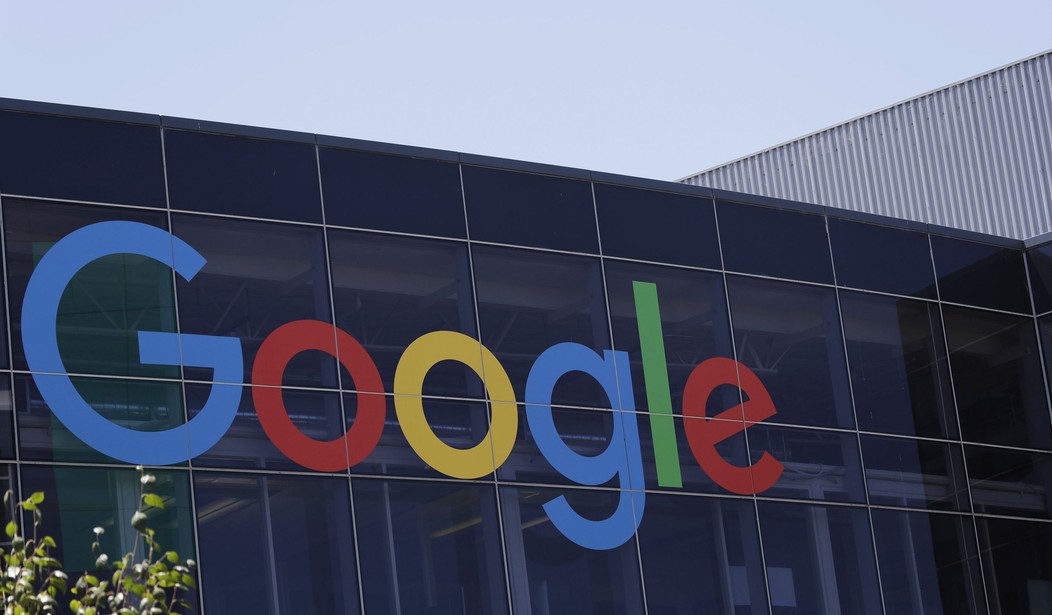This would show Big Tech is not only getting more oppressive, but pettier.
By now most are quite familiar with the targeting of conservative outlets, providers, and users across the spectrum of social media. What had long been in practice was still somewhat in a realm of deniability for those on the left, who tried to imply it was a cooked-up claim by those on the right. January changed all of that. Seeing President Trump shut out across social media, and then the deplatforming of the outlet Parler through coordinated means exposed the thrust of Big Tech.
The result has been a chill running through many conservative outlets, as there are efforts to firewall against extreme actions while taking care not to provoke retribution from the various big players in the digital landscape. The proof that there is a set of differing standards with many platforms and their terms of service regarding the Left and the Right has been proven by a curious development. As many on the right have coined a new phrase to combat the accusations of conspiracy theories from Democrats and the media there appears to be an effort to squelch this term.
For years now Qanon has been held up in the press as a catch-all conspiracy theory Boogeyman, one the media uses to both explain disapproved actions and to level accusations. The theories are noted to be crackpot ramblings which no one would believe, but then the same press accuses the entire conservative movement to be held under the sway of these fanciful plots. In response to this a new designation has been used, to illustrate how the left, and specifically the media, use conspiracies themselves — Blue Anon. It is both pithy and perfectly descriptive.
BREAKING: Urban Dictionary adds term 'Blue Anon' to describe nutty left-wing conspiracy theorieshttps://t.co/Yd2sBSE8Jg
— Jack Posobiec (@JackPosobiec) March 6, 2021
The phrase has caught on with the conservative political sphere. Many pundits and users have been latching on to the term. I employed it this week as I ran a series laying out the conspiracies that have recently been pumped out by the press, dozens of deranged and disproven claims made by those who have been loudly critical of conspiracies themselves. The term serves as both a rebuttal to the claims made in the press and as an example of the methods they use while criticizing those same methods.
And it has been effective. Once Blue Anon became an accepted term it received pushback. Google has been throttling down the phrase. A search for the term ‘’Blue Anon’’ will net you a long series of returns — for winter skiing gear. Of the top-25 returns only two involve the conspiracy designation; a Newsweek article appears as the tenth option, and a YouTube video barely makes the top-20. Yet over at the far more unregulated search engine DuckDuckGo, drop in the term and you get no ski gear, just the political commentary entries.
The difference is stark. Along with this restrictive search, there was also the site Urban Dictionary.com which pulled down the definition from its site this weekend. Once these restrictions became known, the term #BlueAnon began trending on Twitter. Hello Streisand Effect.
As a result of the recognition creating some backlash UD has since reinstituted the entry, but it revealed a desire to target content from the right. While it is accepted that these actions from the tech sector are becoming normal, in this case, it leads to asking the very obvious question – ”Why?’’ There was nothing specifically threatening nor dangerous about the term. It is not in itself the spread of disinformation — it is the description of others spreading disinformation.
What defies logic is why would one word describing right-leaning conspiracies be acceptable but another word describing conspiracies on the left be seen as a problem? Blue Anon carries no aggressive nor controversial aspects with its definition; all it does is lay out conspiracies on one side, in the same fashion Qanon is employed. There can only be one reason for Google to put the clamps on the search – they don’t like it.
So it defies logic, but not emotion. The only cause for this would be they do not agree with the positions of those who came up with and use the term. They oppose the stance, so they restrict the use. It is a petty reaction, but it is useful to illustrate specifically what we face in the world of the tech titans.















